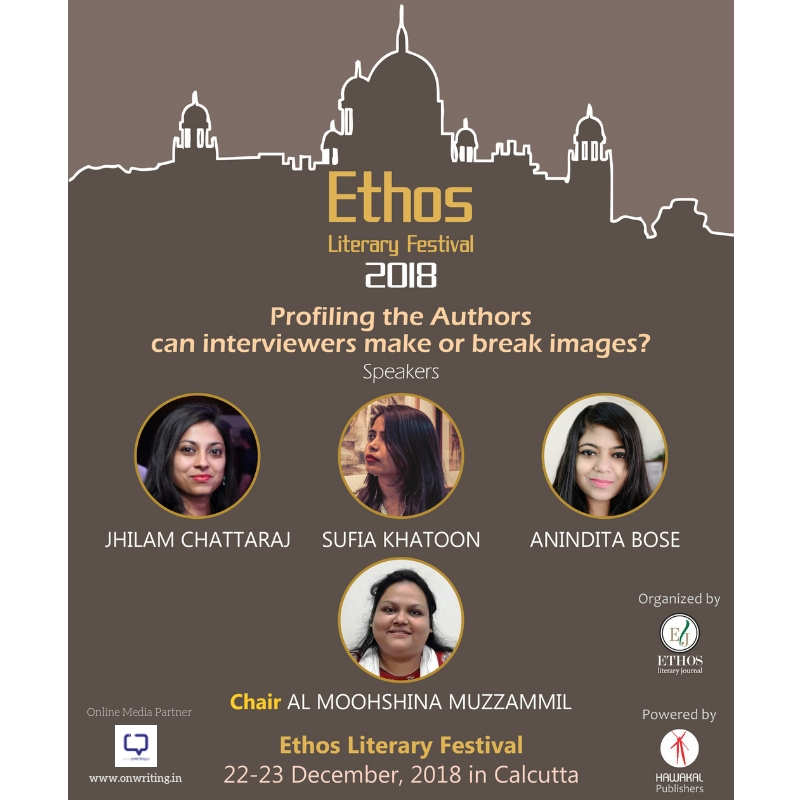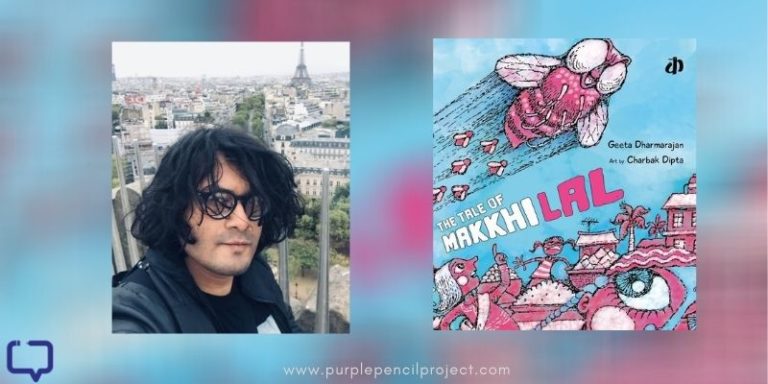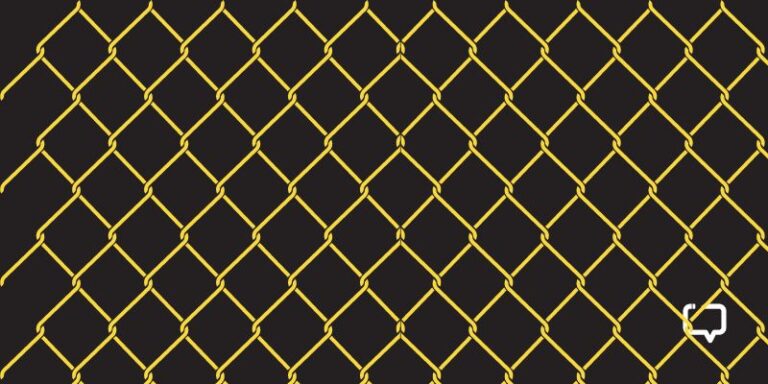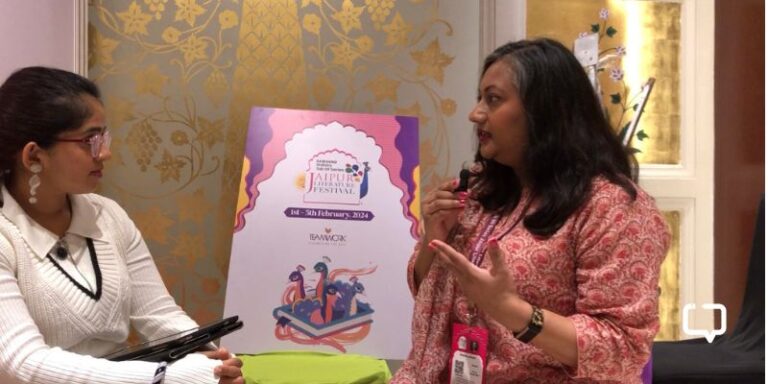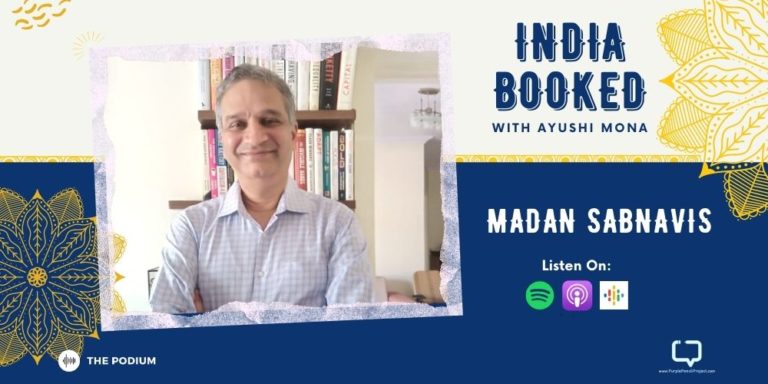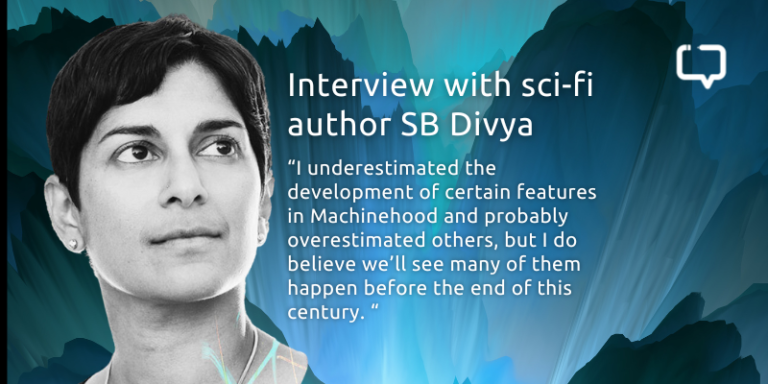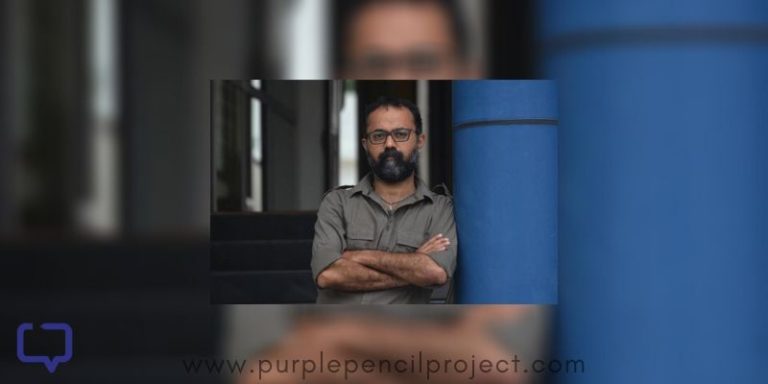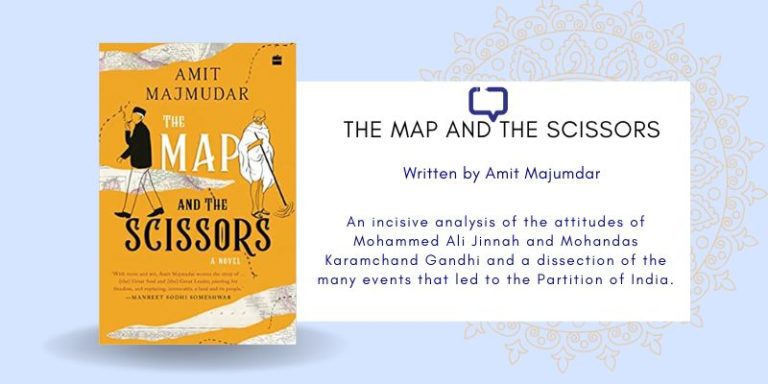On December 22-23, 2018, Dum Dum in Kolkata will play host to the the Ethos Literary Festival 2o18, organised by the Ethos Literary Journal and Hawakal Publishers. Given this association, its heavy emphasis on poetry is not surprising. The bi-lingual fest will continue the trend of an emphasis on poetry that has been seen in Kolkata over the last two years, with the International Poetry Festival which was held in November this year.
Here on onWriting, the online media partner for the festival, you will get a sneak peak at what you can expect from two days, especially their English sessions. Nearly 15 sessions, of around half an hour each, will be held to discuss various perspectives on poetry.
The first session, titled ‘English Poetry in Calcutta: Current Trends’ will be chaired by Sanjukta Dasgupta. “We will discuss the local and global reach of English poetry from Calcutta (not Kolkata, which would imply a regional flavour), looking inwards and outwards. The trends will be determined by the signifiers, or the vocabulary, used during the discussion,” she says.
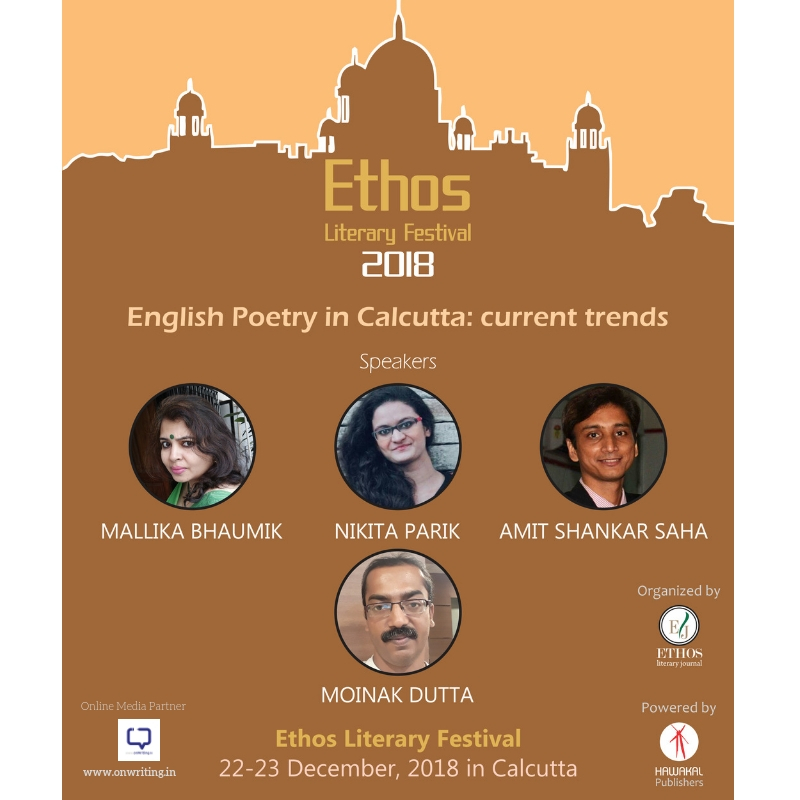
The Speakers
Four poets will be speaking here, Moinak Dutta, Amit Shankar Saha, Nikita Parik and Mallika Bhaumik. Read about them below:
Poet Mallika Bhaumik’s most recent work is Echoes by Authorspress, which delves “into the intricacies of human relationships”. Her writing has also appeared in CafeDissensus, in Glomag, Oddball Magazine, The Wagon Magazine, Spark Magazine, Narrow Road and Duane’s Poetree. You can read her poems, ‘Bird Cries’ and ‘Old neighbours’ here.
Nikita Parik is a poet, a linguist and has a diploma in French studies. She is also the assistant editor of the EljEthos. And, she is only 26! Her poems have appeared in Open Road Review, Shot Glass Journal. Her works have also appeared in The Commonline Journal, Aainanagar, BlackmailPress among others. You can read her poem, Marginalization, here. Some of her other poems include: Familiarity, Sheroes, Time, Winter Verses, Mistletoe and Witch Rant. The Potter-fan is currently working on a poetry collection on multiculturalism, multilingualism, displacement, and an understanding of one’s cross-cultural, cross-linguistic identities as a result of internal migration.
Amit Shankar Saha is a writer, blogger, professor and research scholar, besides being a poet. He teaches at the Seacom Skills University and is co-founder of the poetry community Rhythm Divine. His poems have appeared in Asian Cha, Boloji.com , Kritya Poetry Journal. He has written a collection of poems, Balconies of Time, which “mix the private, the personal with the public, the social into an aesthetic whole.”
The fourth speaker for first session will be Moinak Dutta, a poet, author and teacher. His poems have been published in Nature Writing, TuckMagazine, The Wagon Magazine and others. He has written two novels, Online @ Offline and In Search of La Radice.
Day 1 – Session 3
The second session of #ELF_2018 will take place on December 22, 2018 at 12:10 PM. Poet Linda Ashok will be speaking on “Poets as Astronomers: Exploring Space in Contemporary Poetics.”
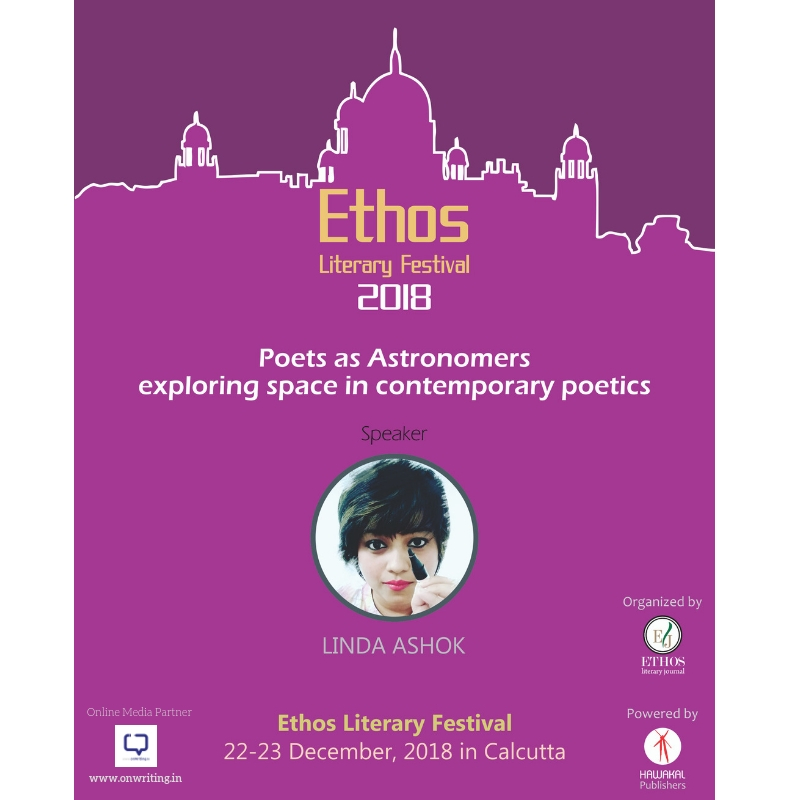
She says, “Poets like astronomers are constantly exploring newer planets and stars. Like an astronaut, who explores the world from outside, a poet explores in from inside. Both of them explore the nuances particular to space besides other things. At a microscopic level, poets indulge in such words and imagery specific to space science, the galaxy, trying to find impressions of the big bang in the orders that convene human relationships. This is the core of my talk.”
Linda is the founder of RLFPA Editions (OPC) Pvt Ltd. Her poems have appeared in the Anthology of Contemporary India Poetry II, The Common Mag, The McNeese Review, The Rumpus and several others. You can buy her book, Whorelight, by Hawakal Publishers, here.
Day 1 – Session 4
Just before lunch break on the first day, we will hear Jhilam Chattaraj, Sufia Khatoon and Anindita Bose speak on ‘Profiling Authors: Can Interviewers Make or Break Images?’. The session will be chaired by Al Moohshina Muzzammil, assistant professor at the Zakir Husain Delhi College Evening, Delhi University.
“Publicity is a pivotal point in today’s world. But we don’t see authors, barring a few, have an image built. We don’t apply the same thing to writers. As readers, critiques and people involved in the field of teaching literature, I believe that writers, especially debutantes need a platform to present themselves. I believe that we always look them up, to know more about the writers and their person. A lot of interviews go ‘beyond’ the book, which sometimes deliberately tries to project a certain aspect of the author in the interview. This could lead to a bias in reading the book as well. Broadly, I think that there is a sense of responsibility that interviewers have and I hope to discuss that at the session,” says Moohshina.
The Speakers
Educator, poet, author, Jhilam Chattaraj is an Assistant Professor at R.B.V.R.R Women’s College, Department of English, Hyderabad. She has authored two books, Corporate Fiction: Popular Culture and the New Writers (2018). Her poetry collection When Lovers Leave and Poetry Stays (2018). She divides her time between teaching, conducting workshops, academic research and creative writing.
Anindita Bose, whose chief inspiration is her city of Kolkata, is the co-author of The Virtual Reality. Her solo poetry book is ‘I Know the Truth of a Broken Mirror.’ She is also the co-founder of Rhythm Divine Poets Kolkata – a poets’ group. She is a freelance editor of Virasat Art Publication and co-edited the short stories book Dynami Zois (Life Force).
Day 1 Session 6
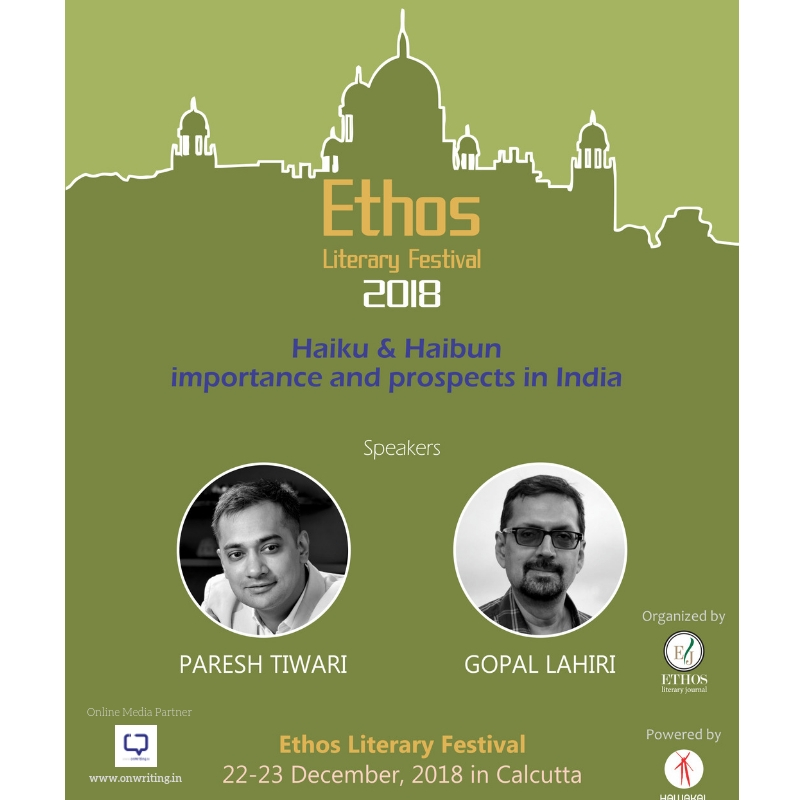
Day 1 – Session 7 (excluding the Bengali sessions)

At 4 pm, you will discuss the pertinent question in the age of Instagram poets – ‘Is poetry losing its mysticism? Speaking at the event will be Kushal Podda, Utsab Ray and Amit Shankar Saha.
Day 1 – Session 9
In India, it is undeniable that the North-Eastern region has been treated very unfairly. But last year, with Easterine Kire breaking into the mainstream, there seems to be progress. The efforts of the literary societies of the region too have helped. At the Ethos Literary Festival’s ninth session on December 22, Namrata Pathak and Preetinicha Barman will discuss if the English poetry from the North-East is any different from that of the rest of the nation.
Namrata Pathak teaches at the North-Eastern Hill University in Meghalaya. She has written a book on the scope of experimental theatre in Assam call Trends in Contemporary Assamese Theatre. Her writings have appeared in journals such as Aneekant: A Journal of Polysemic Thought, Muse India, North-East Review, Negotiations among others.
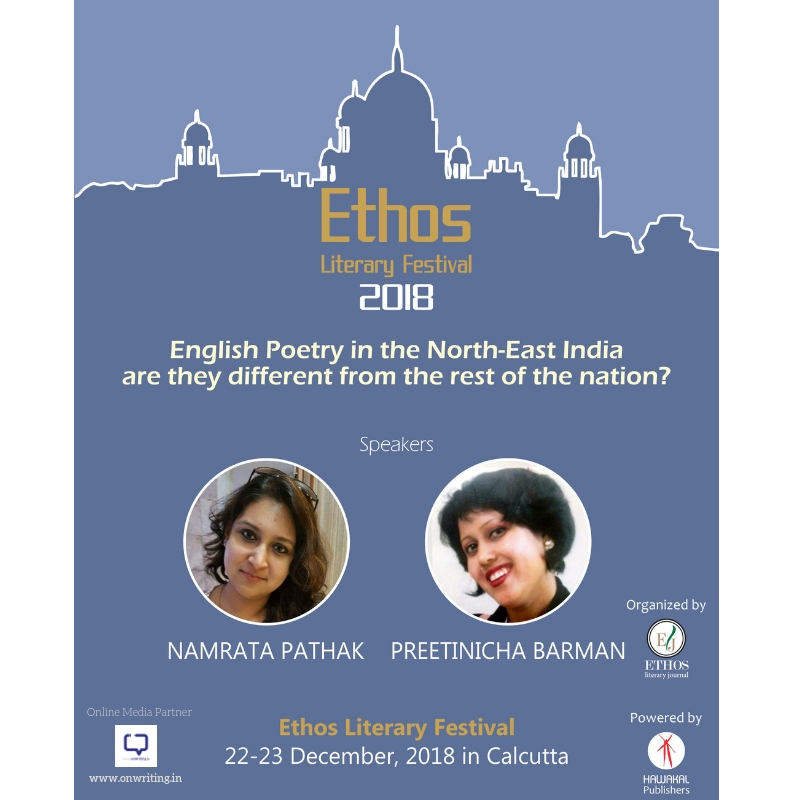
Preetinicha Barman is a Shillong-based multi-lingual poet, professor and writer of fiction, and has published several translations of Assamese short stories. She is currently conducting research on Koch-Rajbanshi folklore.
“The session is all about the unique sensibilities and a typical “rootedness” in the poetry from/of the North-East. Does the locale or site of production lend a specific flavour to poetry? What does it feel to write from the “periphery?” Can we unsettle the balance, topple over, retaliate, interrogate the lopsided game of power, and counter the myriad modes and modalities of “otherization” through poetry? Is poetry from the NE emancipatory and liberating?” says Namrata Pathak, who will be speaking with Preetinicha Barman, at the session – “English Poetry from the North-East: Are they different from the rest of the nation?” says Pathak.
Day 1 – Session 11
Vinita Agarwal, Ranu Uniyal, Aditya Shankar and Gayatri Chawla will be speaking on the topic ‘Indian English Poetry: Where are poets heading?’. If you think that everyone under 30 is an Instagram poet, Vinita Agarwal has a few words for you. “The session on where Indian poetry is going promises to be a great discussion. The one thing to expect from the session would be to establish that the finesse and fine craft of poetry is not lost on millennials.”
Vinita is a Mumbai based poet and writer and a recipient of the Gayatri GaMarsh Memorial Award for Literary Excellence. Her poems have appeared in Asiancha, Constellations, The Fox Chase Review, Pea River Journal, Open Road Review and other international journals.
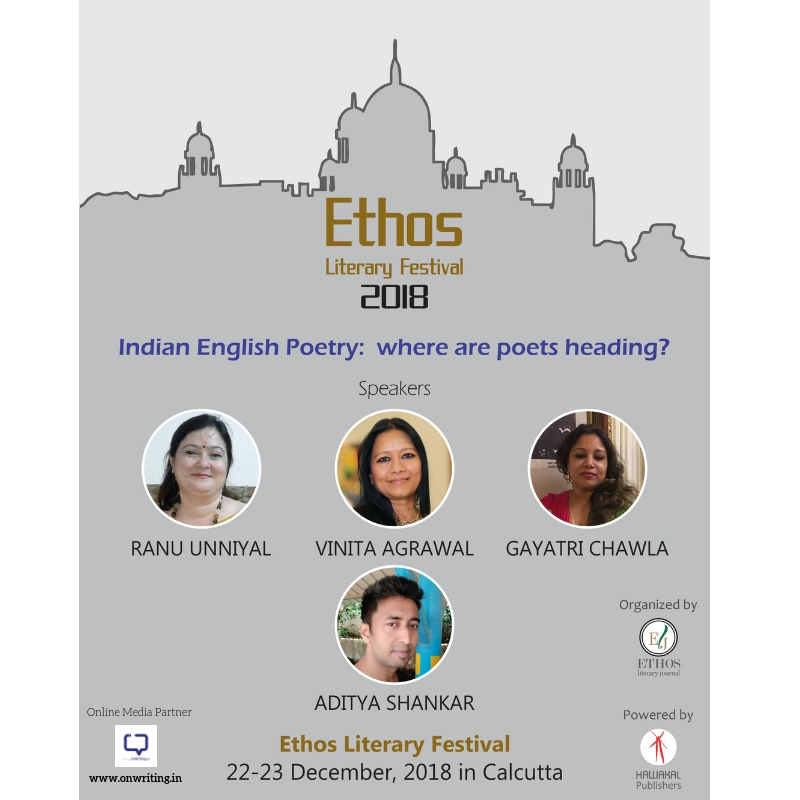
Ranu Uniyal is a poet and professor, with research interests in Indian Literature, women’s writing and post-colonial literature. Her English poems have been translated into Uzbek, Hindi, Urdu and Malayalam. She is Associate Editor of The SPIEL Journal of English Studies (Lucknow).
She is the author of Women and Landscape: The fiction of Margaret Drabble and Anita Desai; Poems Across the Divide; co-author of Raja Rao’s Kanthapura: A critical study and other books.
Aditya Shankar is a poet, flash fiction author, and translator. His poems, fiction, and translations have appeared or is forthcoming in the The Ghost Parachute, Canada Quarterly, Indian Literature, Modern Poetry in Translation, The Little Magazine, The Four Quarters Magazine and others.
Gayatri Chawla is a published poet, freelancer and French teacher. She has been published in International anthologies and journals and has won two awards for her poetry. Her collection of poetry is called Invisible Eye.
Day 1 – Session 12 will be an English poetry reading, moderated by Ruth Pal Chaudhuri, and including Utpal Chakraborty, Debasish Lahiri, Bhaskar Jha, Raja Chakraborty and Medha Bhattacharya.









